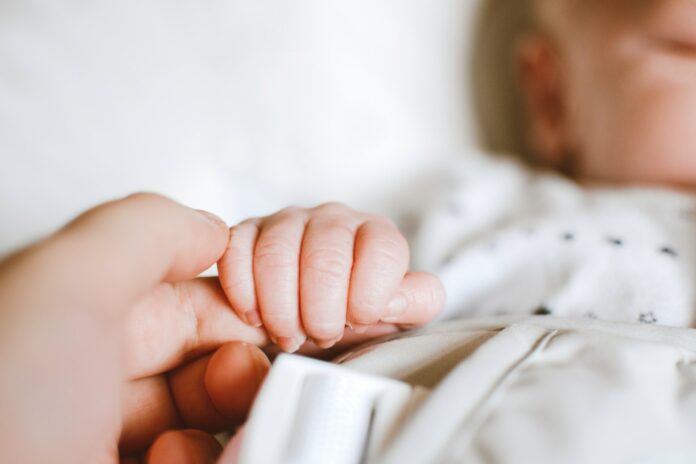Overview Of Necrotizing Enterocolitis
Necrotizing Enterocolitis (NEC) is the death of tissue in the intestine. It occurs most often in premature or sick babies.
Causes Of Necrotizing Enterocolitis
NEC occurs when the lining of the intestinal wall dies. This problem nearly always develops in an infant who is ill or premature. It is likely to occur while the infant is still in the hospital.
The exact cause of this disorder is unknown. A drop in blood flow to the bowel can damage the tissue. Bacteria in the intestine may also add to the problem. Also, premature infants have an undeveloped immune response to factors such as bacteria or low blood flow. An imbalance in immune regulation appears to be involved in NEC.
Babies at higher risk for the condition include:
- Premature infants
- Infants who are fed formula rather than human milk. (Human milk contains growth factors, antibodies and immune cells which may help prevent the problem.)
- Infants in a nursery where an outbreak has occurred
- Infants who have received blood exchange transfusions or have been seriously ill
Symptoms
Symptoms of NEC may come on slowly or suddenly, and may include:
- Abdominal bloating
- Blood in the stool
- Diarrhea
- Feeding problems
- Lack of energy
- Unstable body temperature
- Unstable breathing, heart rate, or blood pressure
- Vomiting
Exams & Tests
Tests may include:
- Abdominal x-ray
- Stool for occult blood test (guaiac)
- CBC (complete blood count)
- Electrolyte levels, blood gases and other blood tests
Treatment Of Necrotizing Enterocolitis
Treatment for a baby who may have NEC most often includes:
- Halting enteral (GI tract) feedings
- Relieving gas in the bowel by inserting a tube in the stomach
- Giving IV fluids and nutrition
- Giving IV antibiotics
- Monitoring the condition with abdominal x-rays, blood tests, and measurement of blood gases
- The infant will need surgery if there is a hole in the intestines or inflammation of the abdominal wall (peritonitis).
In this surgery, the doctor will:
- Remove dead bowel tissue
- Perform a colostomy or ileostomy
- The bowel may be reconnected after several weeks or months when the infection has healed.



